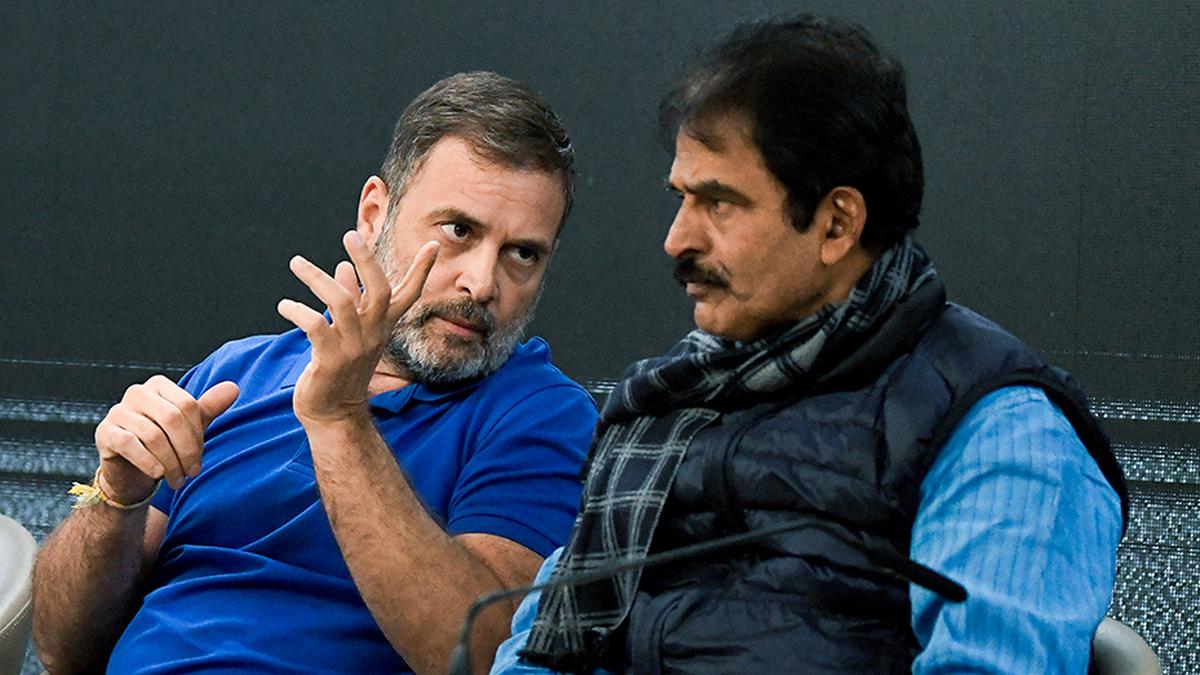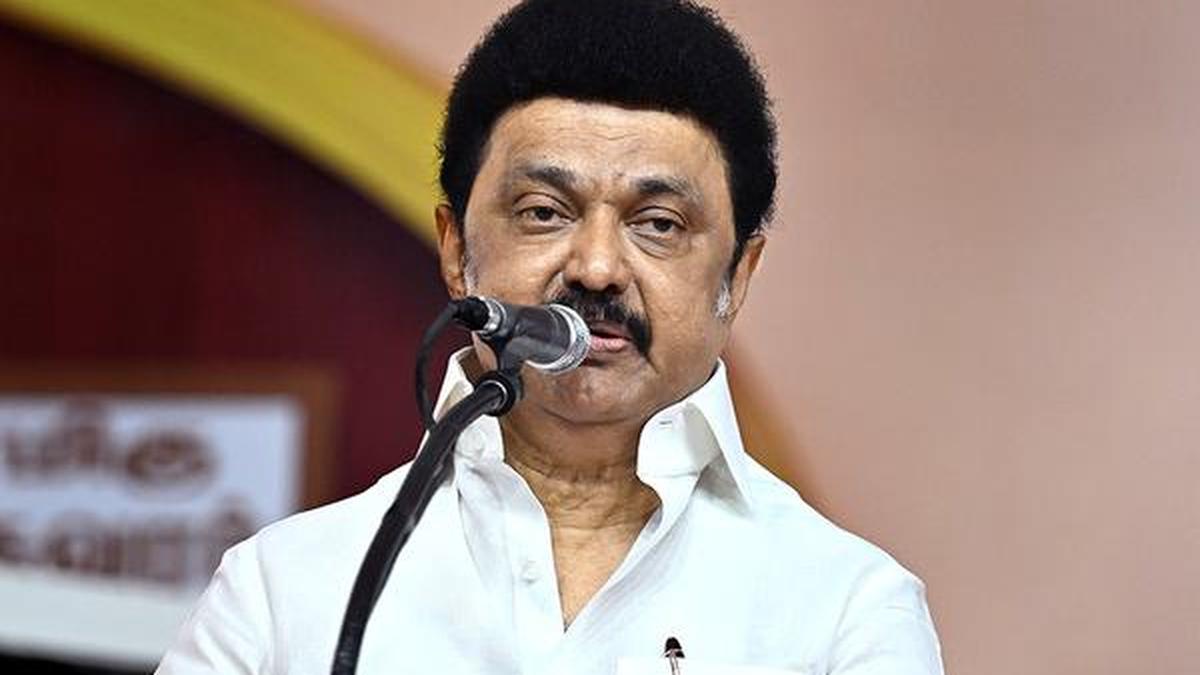
A recent report by the Comptroller and Auditor General (CAG) has accused private schools in Karnataka of collecting Rs 345.80 crore in excess from students during the COVID-19 pandemic. The report tabled in the Karnataka Legislative Assembly on Thursday, December 12, has highlighted significant lapses in the enforcement of court-mandated fee regulations for private unaided schools in Karnataka during the COVID-19 pandemic.
The report pointed out violations of the Karnataka Education Act, 1983, and revealed widespread non-compliance. It said that private unaided schools collected an additional Rs 345.80 crore from non-RTE students and claimed Rs 7.

07 crore in excess reimbursements for RTE students from the government. The Karnataka High Court, in response to the pandemic's financial strain on families, directed private unaided schools to reduce fees by 15% for the academic year 2020-21. The schools were instructed to charge only 85% of the tuition fees collected during the 2019-20 academic year.
However, the report found widespread non-compliance. Section 48 of the Karnataka Education Act mandates that no recognised educational institution can collect fees or donations beyond prescribed rates. The CAG report said, “The Department, however, did not have any mechanism to monitor the quantum of fees and monies collected by the private unaided institutions and verify whether they complied with the requirements of Section 48 of the Act.
The absence of oversight resulted in violations of fee regulations and impacted the affordability and accessibility of education for students.” Data provided in the report also said that while government schools account for 72% of all schools in the state, they enrol only 49% of students. In contrast, private unaided schools, which constitute 28% of schools, cater to 51% of the student population.
The report also said there was a need for regulatory oversight of online schools, which have gained prominence in recent years. It stressed that the government must be aware of the functioning of virtual schools and implement regulations to ensure they provide a safe and effective learning environment. Such regulations should account for the unique characteristics of virtual education while ensuring desired outcomes in primary education.
In light of these findings, the CAG made several recommendations to address the lapses. It called for the establishment of a mechanism to monitor fee collection by private unaided schools and ensure compliance with Section 48 of the Karnataka Education Act. It also urged the government to enforce safety guidelines across all schools, hold officials accountable for lapses, and apply universal regulatory norms to improve the quality and infrastructure of government-run schools.
The Karnataka government stated in May 2023 that it had noted the recommendations..











